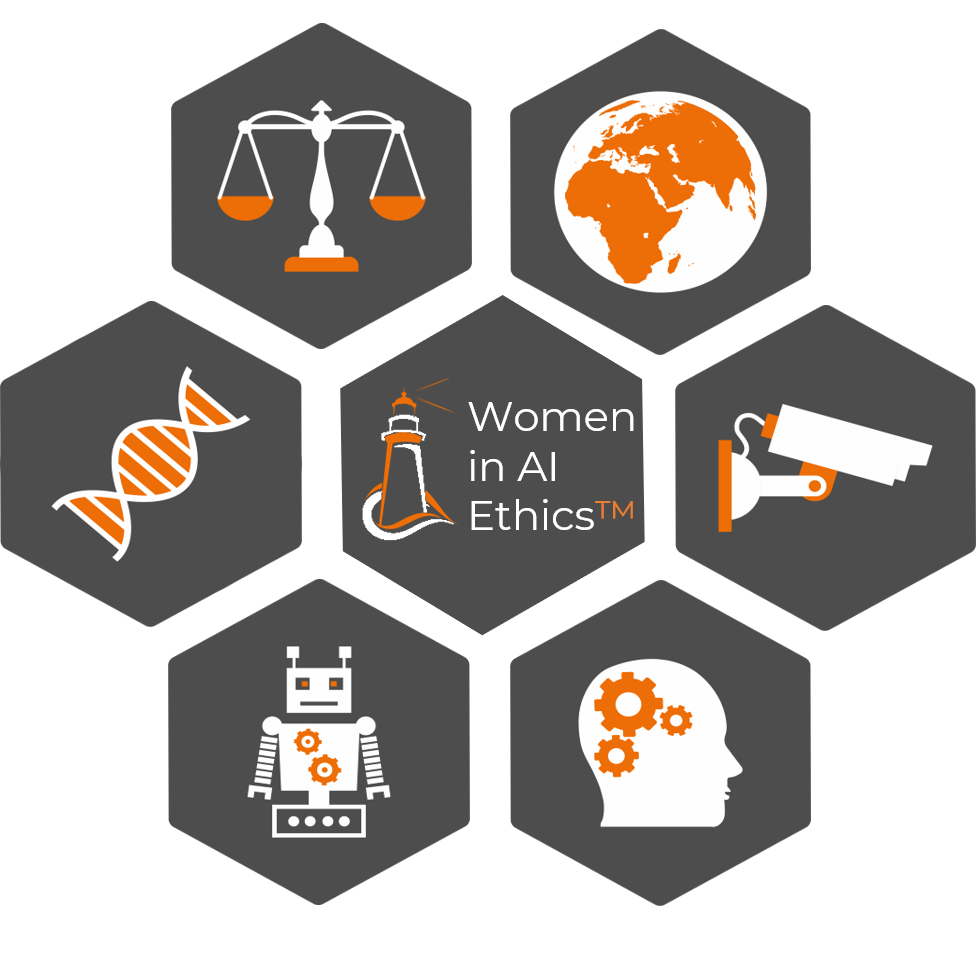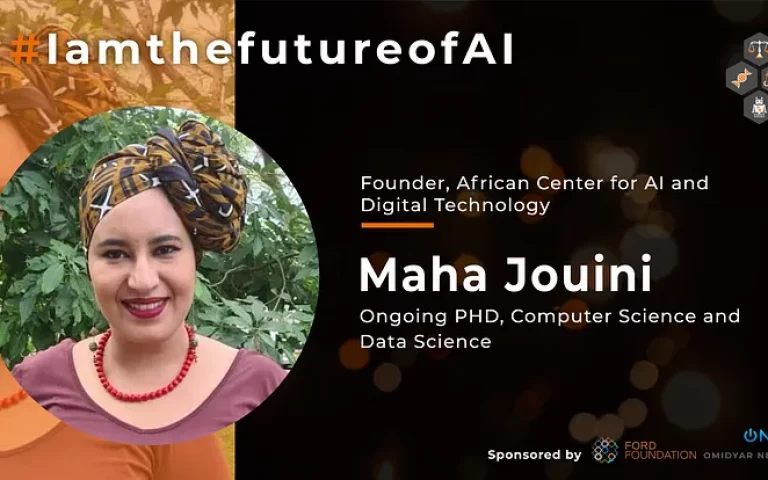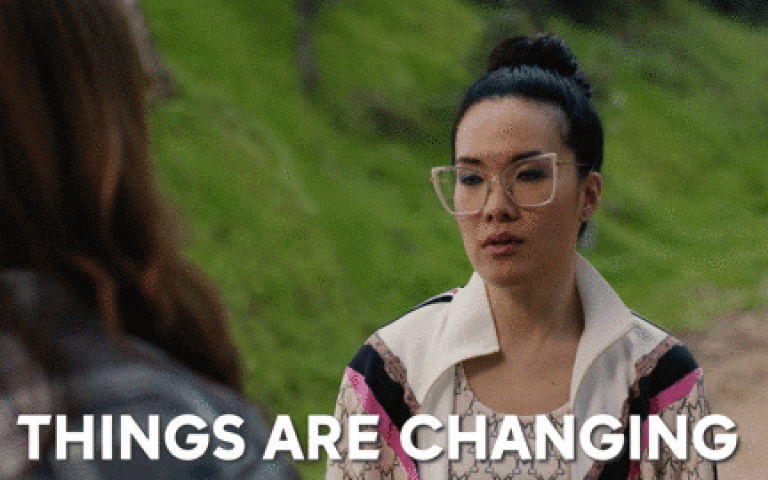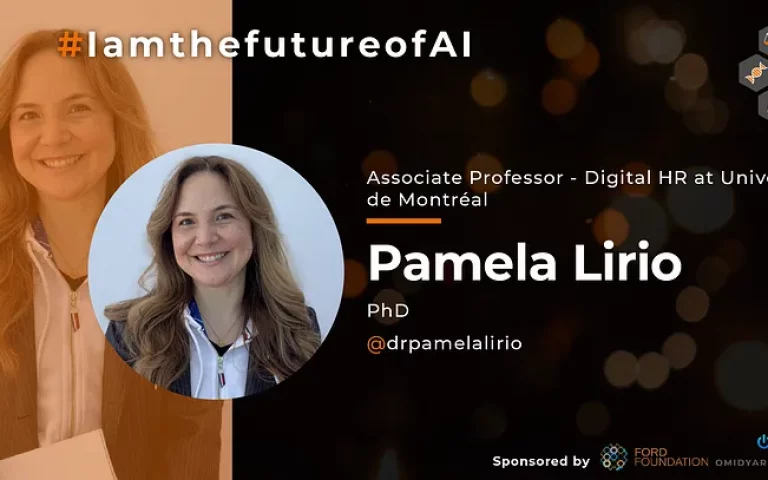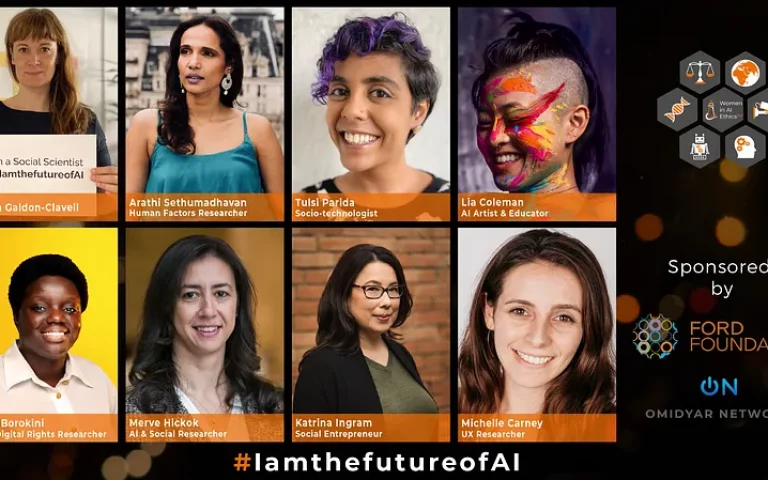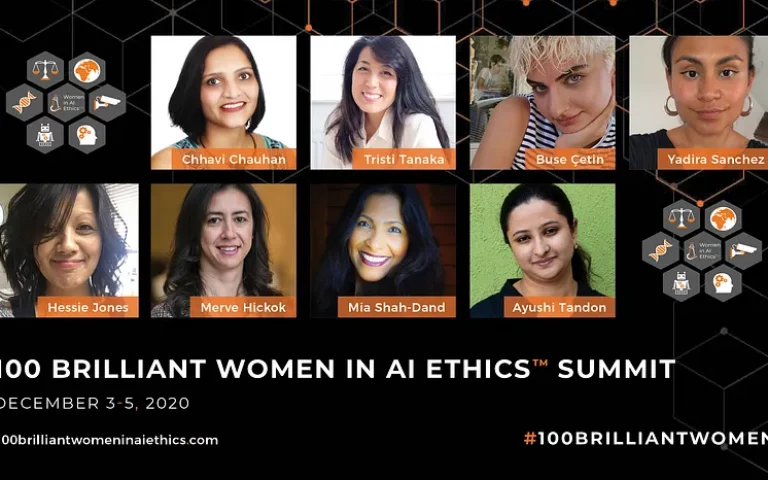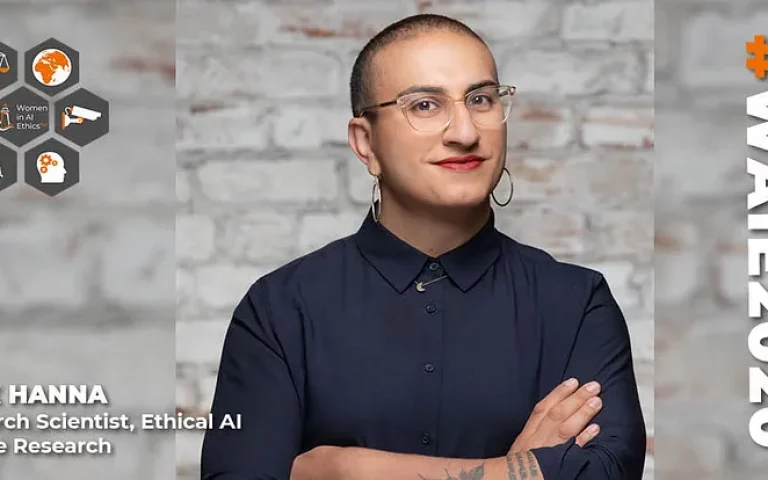The leaders of the Women in AI Ethics Collective™ (Debra Ruh, Dr. Chhavi Chauhan, and Ayushi Tandon) are hosting the “Building Inclusive, Ethical, and Accessible AI for Healthcare’’ event on March 30, 2021 (9 AM — 12 PM PDT/12–3 PM EDT). This interactive event is meant for healthcare professionals, data scientists, researchers, healthcare providers, and most importantly patients as well as caregivers who are interested in learning about the impact of AI on healthcare. This event aligns with the mission of the WAIE Collective™, which is to “increase recognition, representation, and empowerment of brilliant women in this space who are working hard to save humanity from the dark side of AI.”
This event coincides with National Doctor’s Day in the U.S., which recognizes and celebrates the contributions of physicians, who have been instrumental in combating the ongoing pandemic which has claimed almost 3 million lives till date (Johns Hopkins University COVID-19 dashboard; last accessed March 25, 2021). As we surpass the one-year anniversary of this devastating pandemic, we acknowledge and mourn for the many lives lost worldwide.
The ongoing pandemic has forced researchers as well as healthcare personnel and institutions to explore and embrace the potential of AI to inform and streamline healthcare decisions, including quick adoption of telemedicine, identifying potential treatment options by drug repurposing, or enabling COVID-19 diagnosis, etc. The use of technology has also revealed systemic bias against Black patients as reported in the use of faulty pulse oximeters that measure oxygen saturation that is used to triage COVID-19 patients. This racial bias can be deadly for Black patients if occult hypoxemia goes undetected. Studies have also revealed the current limitations of using machine learning–based techniques in clinical settings without first carefully analyzing the training datasets and testing the reproducibility and performance of these models on real life data.
Therefore, it is imminent that we build and deploy AI systems with careful consideration for equity and inclusion and ensure that these AI-based systems are accessible to avoid any risks associated with AI reproducing, perpetuating, and exacerbating existing inequities. Keeping these vital concerns in mind, this event will explore the ethical and inclusive integration of accessible AI in the healthcare ecosystem.
This event will feature seven experts from around the world, who will speak from their experiences to each of the event’s sessions: Building Inclusive AI for Healthcare, AI & Mental Health, and Ethical AI in Healthcare: Perspectives From The East & The West. The purpose of this event is to have meaningful discussion on solutions designed for people with disabilities, deployment of AI in healthcare delivery, and governance of data collected at individual patient level in alignment with WAIE Collective™’s mission.
Building Inclusive AI for Healthcare
Oppressive systems have historically excluded and marginalized communities; therefore, it is critical that we build inclusive AI for healthcare. This session will feature Dr. Rachele Hendricks-Sturrup, Frances West, and Rosemary Musachio with moderation from Debra Ruh, a past advisor for the Women in AI Ethic Collective as well as a global disability inclusion strategist, an internationally recognized keynote speaker, published author and a successful entrepreneur.
Dr. Rachele Hendricks-Sturrup is the Health Policy Counsel and Lead at the Future of Privacy Forum in Washington, D.C. Her work involves using mixed-methods research and stakeholder engagement to explore and address ethical, legal, and social issues and implementation barriers at the forefront of health policy and innovation. Her research centers on generating best practices for the use and processing of health and genetics data.
Frances West is an internationally recognized thought leader, speaker, strategy advisor, and women-in-technology executive known for her work in innovation, technology, and business transformation. Ms. West’s work focuses on accessibility and digital inclusion with a human-first approach to leadership.
Rosemary Musachio is the Chief Accessibility Officer for Ruh Global Impact, and President of REM Creative Consulting. Through her expertise and skills, she has helped companies make their products and services more accessible and marketable to consumers with disabilities.
AI & Mental Health
Mental health issues and concerns have been exacerbated by the current pandemic and subsequent economic downturn. Telehealth has expanded during the COVID-19 pandemic, which may make mental health services more accessible. Can AI supplement telehealth? AI systems present ethical challenges, such as natural language processing (NLP) technology producing anti-Muslim sentiments and suggesting suicide.
This fireside chat features Wendy Chisholm with moderation by Dr. Chhavi Chauhan. Wendy Chisholm is the Principal Accessibility Strategist at Microsoft’s AI for Accessibility program, where she works to infuse accessibility into Microsoft’s engineering processes and manages the selection and funding of projects accelerating AI innovations that are developed with or by people with disabilities. Ms. Chisholm has contributed to what is now known as the W3C’s Web Content Accessibility Guidelines, the basis of worldwide web accessibility policy.
Ethical AI in Healthcare: Perspectives From The East & The West
There is a cultural-religion context that needs to be accounted for when considering health needs. The cultural-religion context is specific to different geographic locations. This eclectic panel will explore dimensions on where the East and West converge or diverge with the ethical integration of AI in the healthcare ecosystem. This session will feature Drs. Nimmi Rangaswamy, Nova Ahmed, and Jenifer Sunrise Winter with moderation from Ayushi Tandon.
Dr. Nimmi Rangaswamy is an Associate Professor at the Kohli Centre on Intelligent Systems, Indian Institute of Information Technology, teaching courses at the intersections of society and technology. She uses an anthropological lens to understand the impacts of AI research and praxis.
Dr. Nova Ahmed is a Computer Scientist living in Bangladesh, and her work ensures social justice and feminist human computer interaction. Her experience includes working with sensors to fight social challenges such as systems to protect women from sexual harassment, and she is currently working on a project to enhance inclusion of women in digital finance through enabling better technology designs.
Dr. Jenifer Sunrise Winter is a professor in the School of Communications and Co-Director of the Pacific Information and Communication Technology for Development Collaborative (PICTDC) at the University of Hawaiʻi at Mānoa. Her research addresses data governance, policy, and ethics related to big data, artificial intelligence (AI), and the Internet of Things (IoT). Dr. Winter is PI of an NSF-funded grant addressing one of the grand challenges of this big data era — how we can harness health data resources for societal good amidst many competing claims on the value to be derived from these data and the substantial risks for individual privacy and security. In related work, Dr. Winter explores the governance of AI and personal health information (PHI), assessing the increasing challenges to governing the PHI essential for advancing AI/machine learning innovations in healthcare.
Join us to be a part of this important conversation!
This blog post is co-authored by Dr. Chhavi Chauhan.
